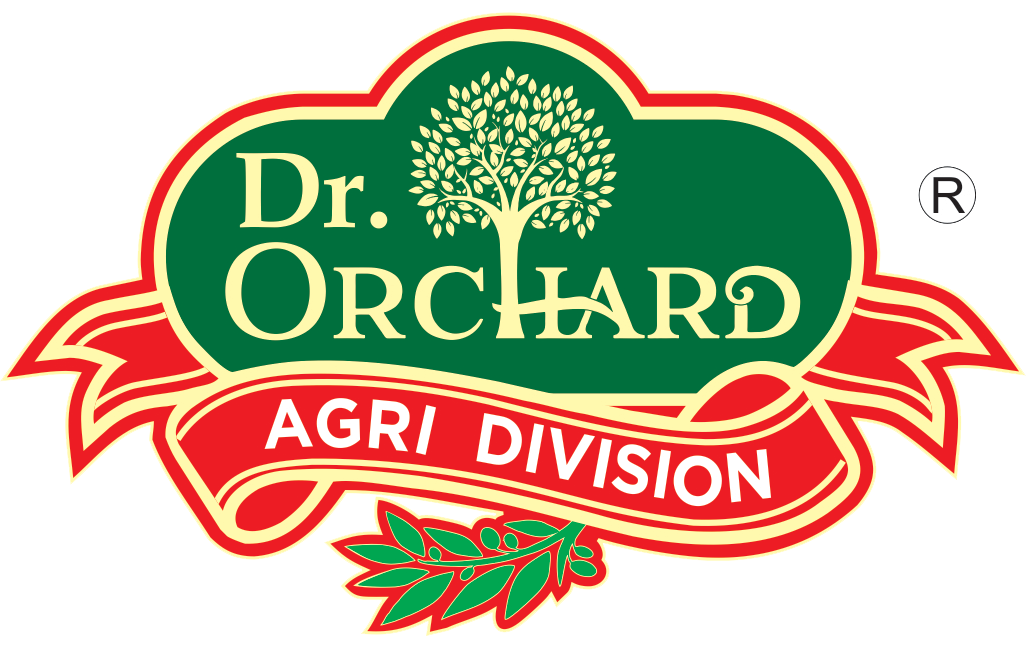Mr. Abhinav Mishra
Managing Director
Organic agriculture should sustain and enhance the health of soil, plant, animal, human and planet as one and indivisible. Health is the wholeness and integrity of living systems. It is not simply the absence of illness, but the maintenance of physical, mental, social and ecological well-being. Immunity, resilience, and regeneration are key characteristics of health.
The role of organic agriculture, whether in farming, processing, distribution, or consumption, is to sustain and enhance the health of ecosystems and organisms from the smallest in the soil to human beings. In particular, organic agriculture is intended to produce high quality, nutritious food that contributes to preventive health care and well-being. In view of this, it should avoid the use of fertilizers, pesticides, animal drugs and food additives that may have adverse health effects.

Mr. Vijay Pandit
Markiting Director
This principle roots organic agriculture within living ecological systems. It states that production is to be based on ecological processes, and recycling. Nourishment and well-being are achieved through the ecology of the specific production environment. For example, in the case of crops this is the living soil; for animals it is the farm ecosystem; for fish and marine organisms, the aquatic environment.Organic farming, pastoral and wild harvest systems should fit the cycles and ecological balances in nature. These cycles are universal but their operation is site-specific. Organic management must be adapted to local conditions, ecology, culture and scale. Inputs should be reduced by reuse, recycling and efficient management of materials and energy in order to maintain and improve environmental quality and conserve resources.
Mr. Ravi Jain
Managing Director
Organic Agriculture is a living and dynamic system that responds to internal and external demands and conditions.Practitioners of organic agriculture can enhance efficiency and increase productivity, but this should not be at the risk of jeopardizing health and well-being. Consequently, new technologies need to be assessed and existing methods reviewed. Given the incomplete understanding of ecosystems and agriculture, care must be taken.This principle states that precaution and responsibility are the key concerns in management, development and technology choices in organic agriculture.


Mr. Kiran Sethi
Markiting Director
Organic Agriculture is a living and dynamic system that responds to internal and external demands and conditions. Practitioners of organic agriculture can enhance efficiency and increase productivity, but this should not be at the risk of jeopardizing health and well-being. Consequently, new technologies need to be assessed and existing methods reviewed. Given the incomplete understanding of ecosystems and agriculture, care must be taken.This principle states that precaution and responsibility are the key concerns in management, development and technology choices in organic agriculture.

